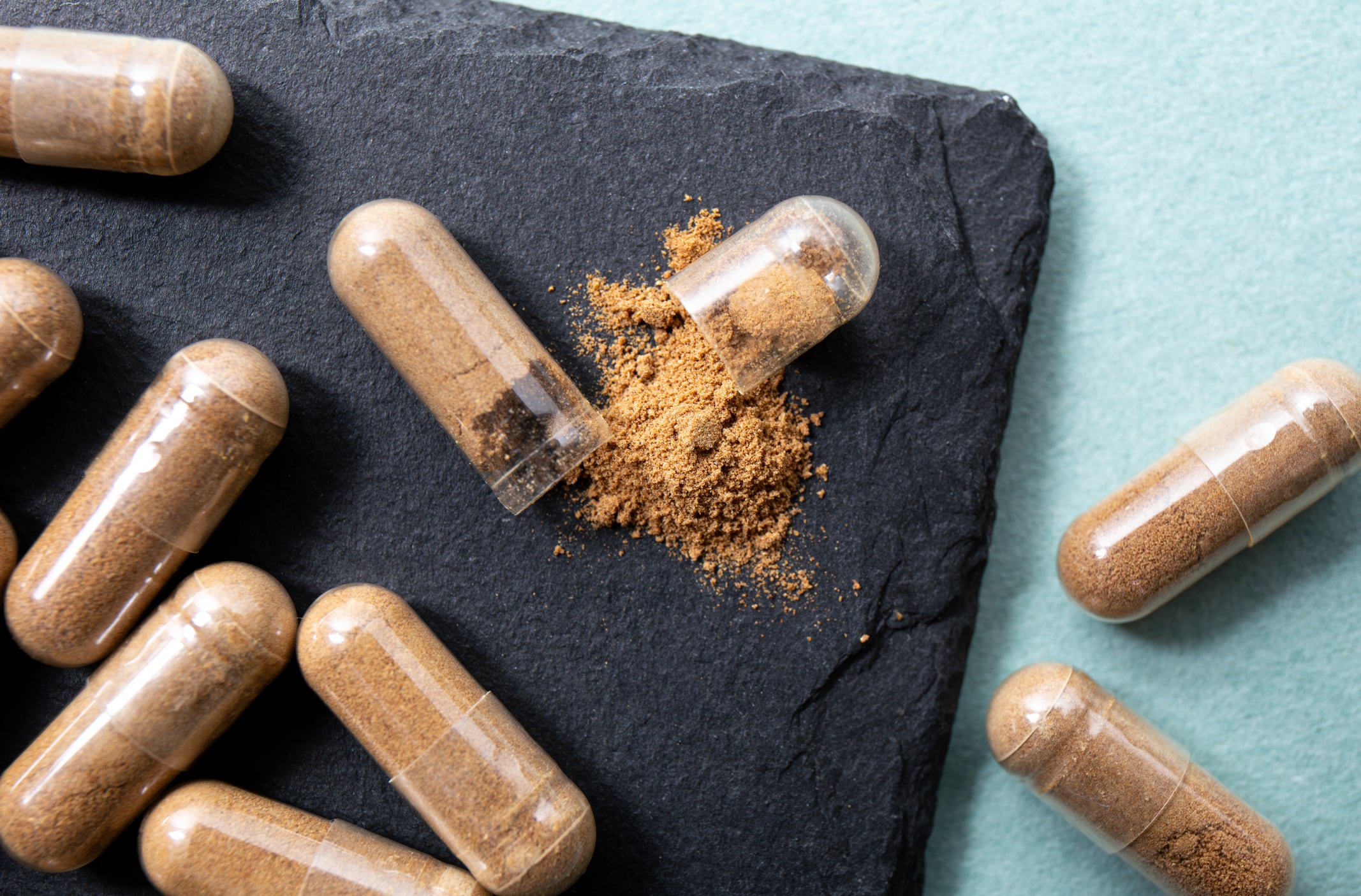Data published in Advances in Therapy showed that a 125 mg dose of the Zenroot standardized to 1.5% total withanolides (ZEN 1.5) led to significantly higher plasma concentrations of total withanolides compared to two “well-established commercial products with established doses [500 mg and 600 mg] based on multiple human clinical studies”.
“The bioavailability of withanolides after oral intake plays an important role in providing consistent health benefits,” wrote scientists from Spinos Life Science and Research Private Limited, OmniActive Health Technologies and Leads Clinical Research and Bio Services Pvt. Ltd. “Hence, the demonstration of the bioavailability of ZEN 1.5 is a critical step towards future clinical efficacy studies in humans.”
A long history of safe use
Ashwagandha (Withania somnifera) has a history of use in ayurvedic medicine that dates back as far as 4,000 years to the teaching of renowned scholar Punarvasu Atreya and in subsequent works that make up the ayurvedic tradition, according to a monograph from the American Herbal Pharmacopoeia (AHP). The name of the herb derives from Sanskrit, and means “smells like a horse”, in reference to the strong smell of the root which is said to be redolent of horse sweat or urine.
Keya Shah, director of category management at OmniActive Health Technologies, told NutraIngredients that the company sees the ashwagandha category continuing its strong upward trajectory in the U.S. and European markets over the next three years, as consumer focus on holistic health, stress reduction and cognitive performance intensifies.
Citing data from Future Market Insights, Shah said the global ashwagandha extract market is projected to grow from an estimated $815.7 million in 2025 to $1.79 billion by 2035, at a CAGR of 8.2%.
“The U.S. remains the primary growth engine, driven by younger consumers embracing natural adaptogens in functional formats like gummies, beverages and shots, while Europe is catching up, particularly in sports nutrition and clean-label wellness categories,” she said.
Multiple ingredient suppliers offer branded and/or non-branded ashwagandha extracts, some based on the root or root plus aerial parts of the plant. OmniActive’s ingredient is a root extract.
“Nearly 80% of current ashwagandha sales are attributed to mood and stress applications, reflecting its growing role in supporting overall well-being and stress management,” Shah said. “This creates a compelling opportunity for OmniActive’s Zenroot which has been clinically demonstrated to help reduce occasional feelings of anxiety and stress as well as supporting a more consistent, positive mood and improve overall sleep quality.”
Study details
The bioavailability is backed up by the new randomized, double-blind, single-dose, cross-over study, which included 20 healthy subjects. Participants took one capsule of each of the ashwagandha products separated by eight days. One of the comparative products was a 600 mg dose providing 30 mg of total withanolides while the other was a 500 mg dose providing 50 mg of withanolide glycosides and less than 2.5 mg of withanolide aglycone (as Withaferin A).
The results showed Zenroot had a higher absorption in the body (Cmax) and bioavailability. Specifically, Zenroot at 125 mg “showed 2.1-fold higher bioavailability compared to [the comparative ashwgandha product at a dose of] 600 mg, and 1.3-fold higher bioavailability compared to [the comparative ashwagandha product at a dose of] at 500 mg”.
The researchers said the purported bioavailability improvements of Zenroot could be linked to differences in the methods of preparation of the extracts, the choice of excipients and the formulation technology used.
OmniActive’s Shah welcomed the new paper, saying the ingredient’s high bioavailability and low daily dose of only 125 mg provides “versatile product formulations such as gummies, beverages and beyond.”
“With new efficacy science on the horizon, Zenroot is well positioned to help our partners stand apart in an increasingly crowded marketplace as demand rises for trusted, clinically backed source of ashwagandha,” she said.
Source: Advances in Therapy. doi: 10.1007/s12325-025-03292-7. “Superior Bioavailability of a Novel 1.5% Ashwagandha Formulation (Zenroot): A Randomized, Double-Blind, Single-Dose, Comparative, Oral Bioavailability Study in Healthy Adults”. Authors: A. Ramapalaniappan, et al.


